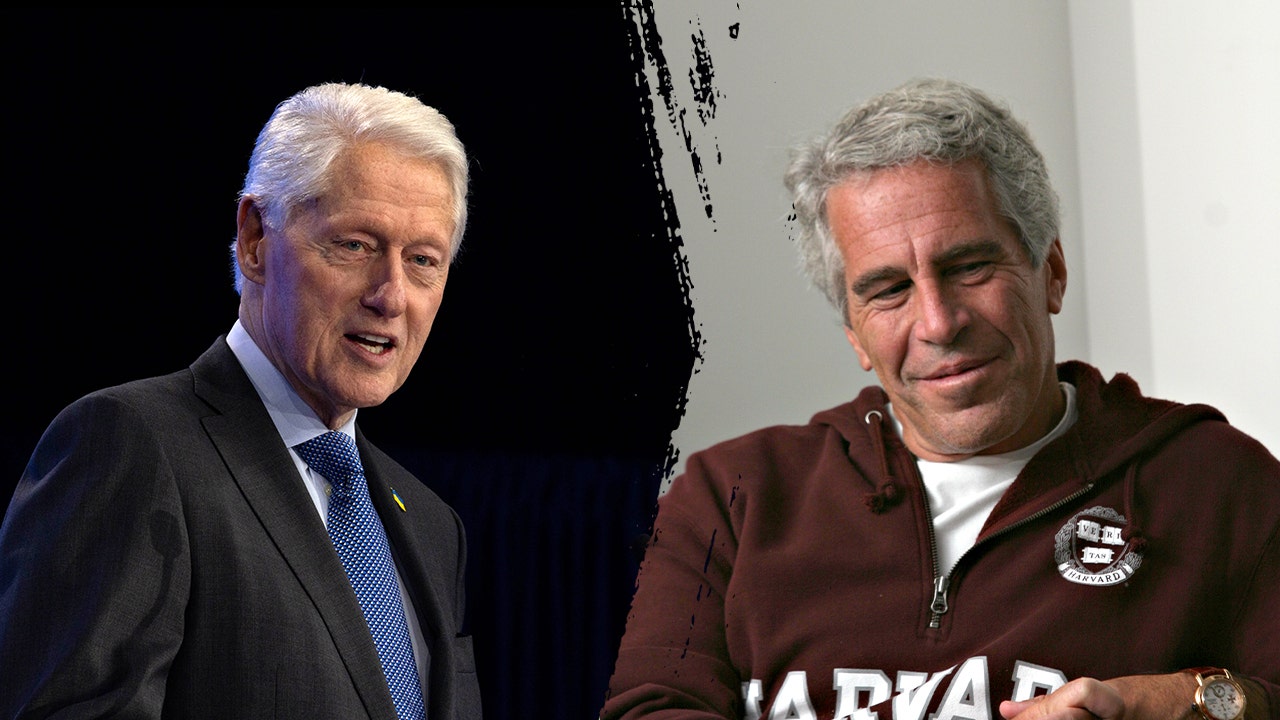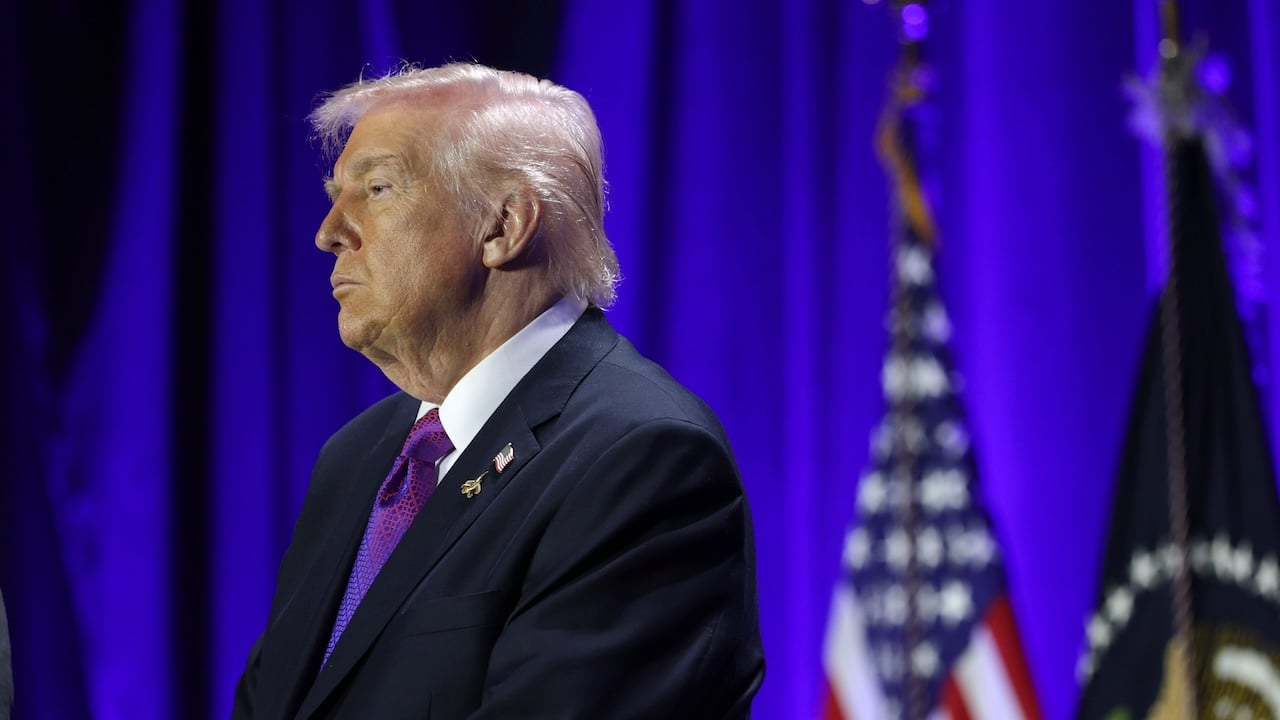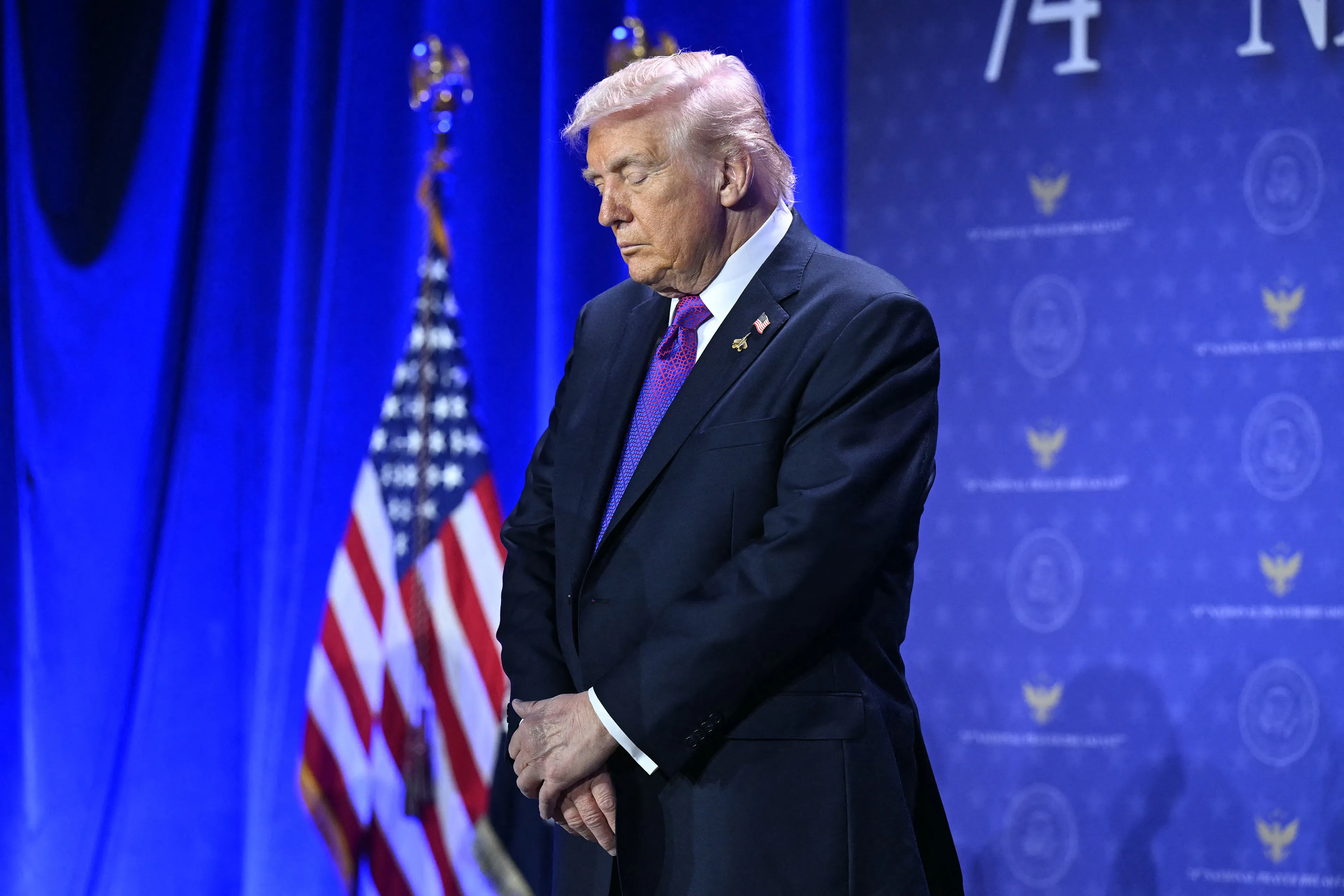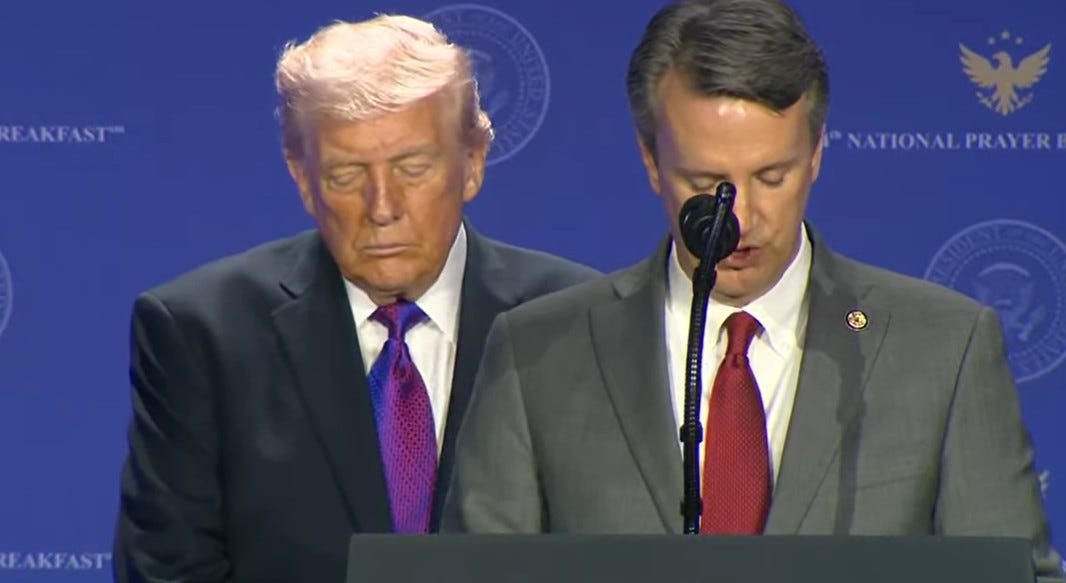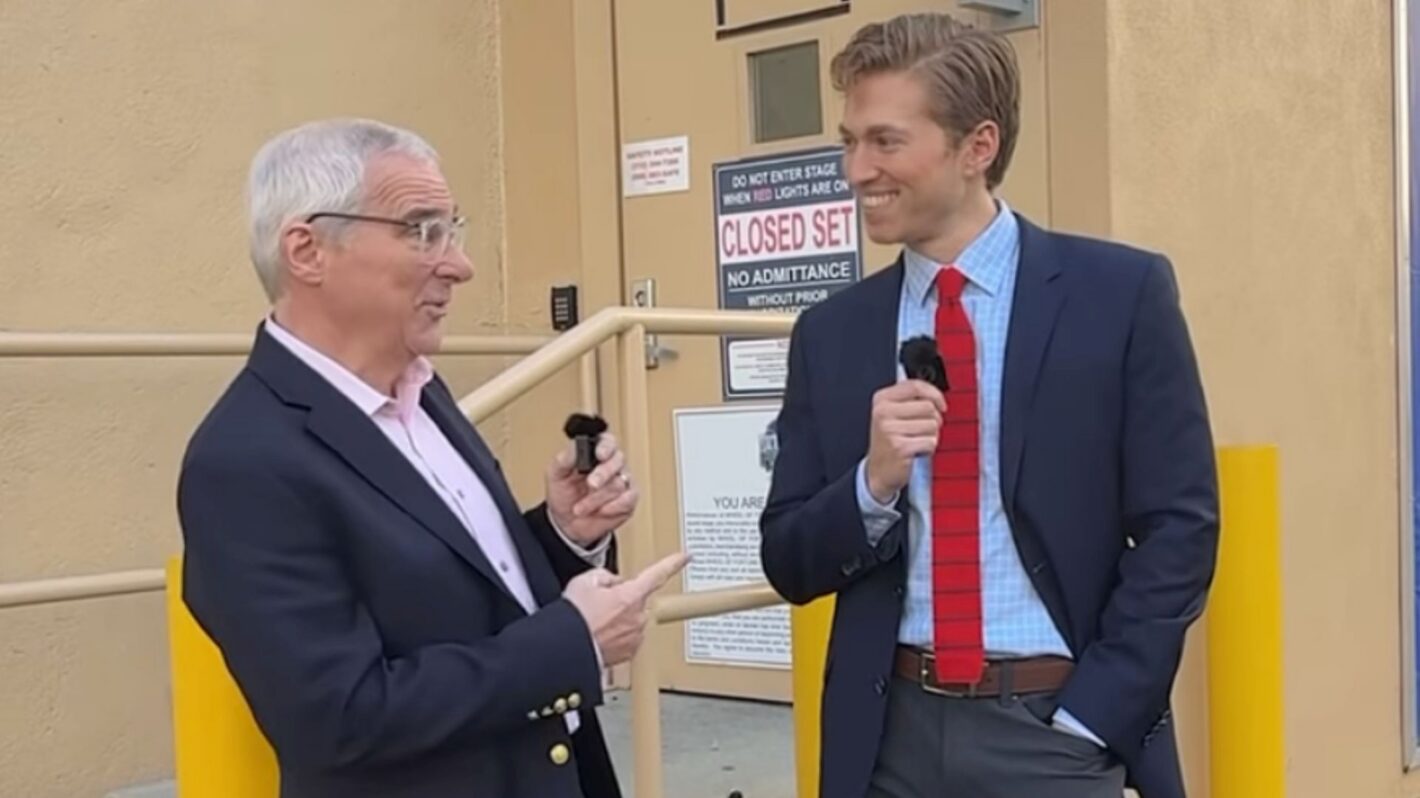
The Linux Foundation has announced plans for a new collaborative initiative designed to support interoperability across digital wallets, built on an open source bedrock.
The OpenWallet Foundation (OWF), as the new effort is called, is the brainchild of Daniel Goldscheider, CEO of open banking startup Yes.com, though today’s announcement reveals a broad gamut of buy-ins from multiple industry players including Okta, Ping Identity, Accenture, CVS Health, OpenID Foundation, among several other public and private bodies. With the Linux Foundation serving as the project’s host, this gives OWF sizeable clout as it strives to enable what Goldscheider calls a “plurarity of wallets based on a common core,” according to a press release.
The news also comes as regulatory bodies across the globe are moving to support competition through enforcing interoperability across systems, including Europe which is currently trying to make messaging interoperability a thing.
Digital wallets evolve
Digital wallets, for the uninitiated, are typically software-based online services that enable people to carry out electronic transactions with other people and businesses — some of the most popular wallets today include PayPal, Apple Wallet, Google Wallet, Venmo, and Cash App. But digital wallets have gradually morphed beyond payments and are emerging as potential replacements for everything you might keep in your physical wallet — Apple, for example, now lets drivers store their license in digital form on their iPhones.
The advent of crypto and blockchains is also opening up fresh use-cases for digital wallets, but they currently don’t while the Metaverse (whenever that becomes a real thing) will also rely heavily on interoperability and open standards so participants can make payments and ID themselves across virtual worlds.
“Universal digital wallet infrastructure will create the ability to carry tokenized identity, money, and objects from place to place in the digital world,” said David Treat, who heads up metaverse and blockchain projects at Accenture. “Massive business-model change is coming, and the winning digital business will be the one that earns trust to directly access the real data in our wallets to create much better digital experiences.”
And it’s against that backdrop that the OWF is seeking to make its mark, with plans to support myriad use-cases spanning identity, payments, digital keys, and more. Much in the same way as emails and SMS are interoperable (people can message others even if they’re with different service providers), the OWF is pushing to develop what it calls a “secure, multi-purpose open source engine” that anyone can use to build digital wallets that play nicely with other digital wallets. A “plurality,” as Goldscheider calls it, gives a clue as to what the true intention here is — it’s not necessarily seeking to create the single biggest digital wallet provider and knock the likes of Apple or Google off their pedestals, it’s more about powering lots of new providers who collectively may outnumber the giants in the space. Indeed, the OWF’s stated goal is to eventually achieve “feature parity with the best available wallets.”
It’s worth noting that the OWF doesn’t intend to develop a digital wallet itself or create any new standards — it’s all about fostering a collaborative, community effort to develop an open foundation for any organization to create their own digital wallets atop.
“We are convinced that digital wallets will play a critical role for digital societies,” Jim Zemllin, Linux Foundation executive director, said. “Open software is the key to interoperability and security.



